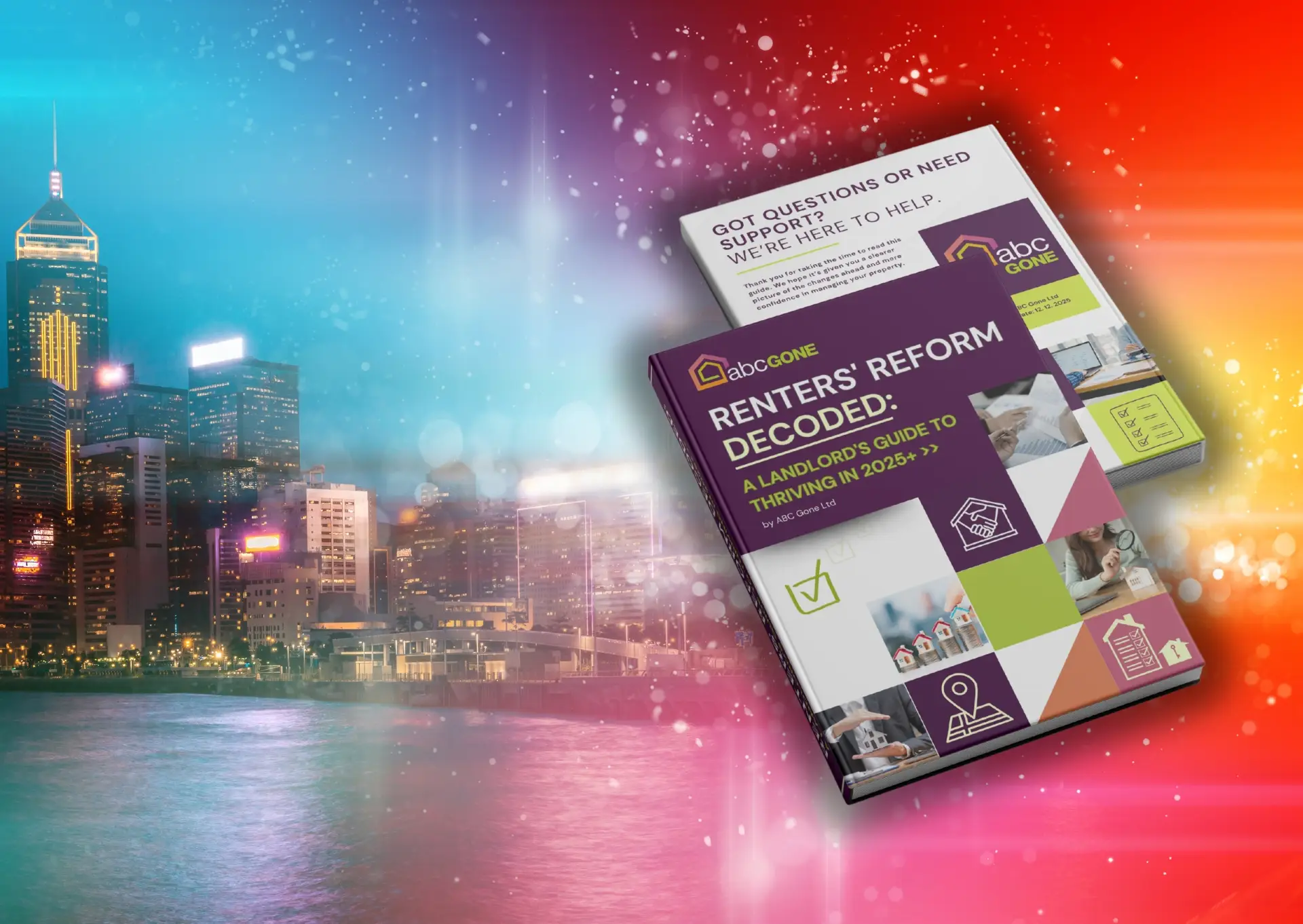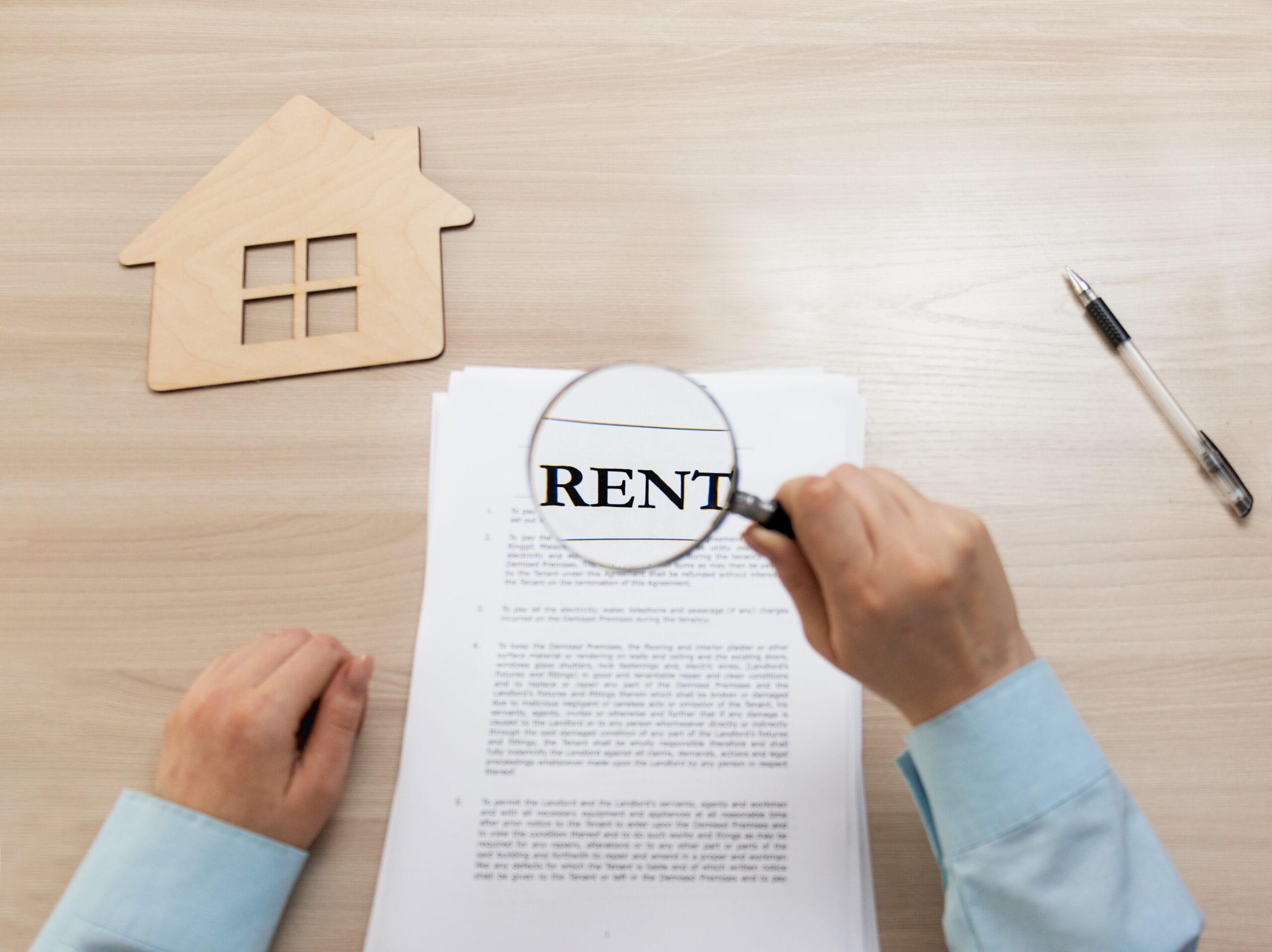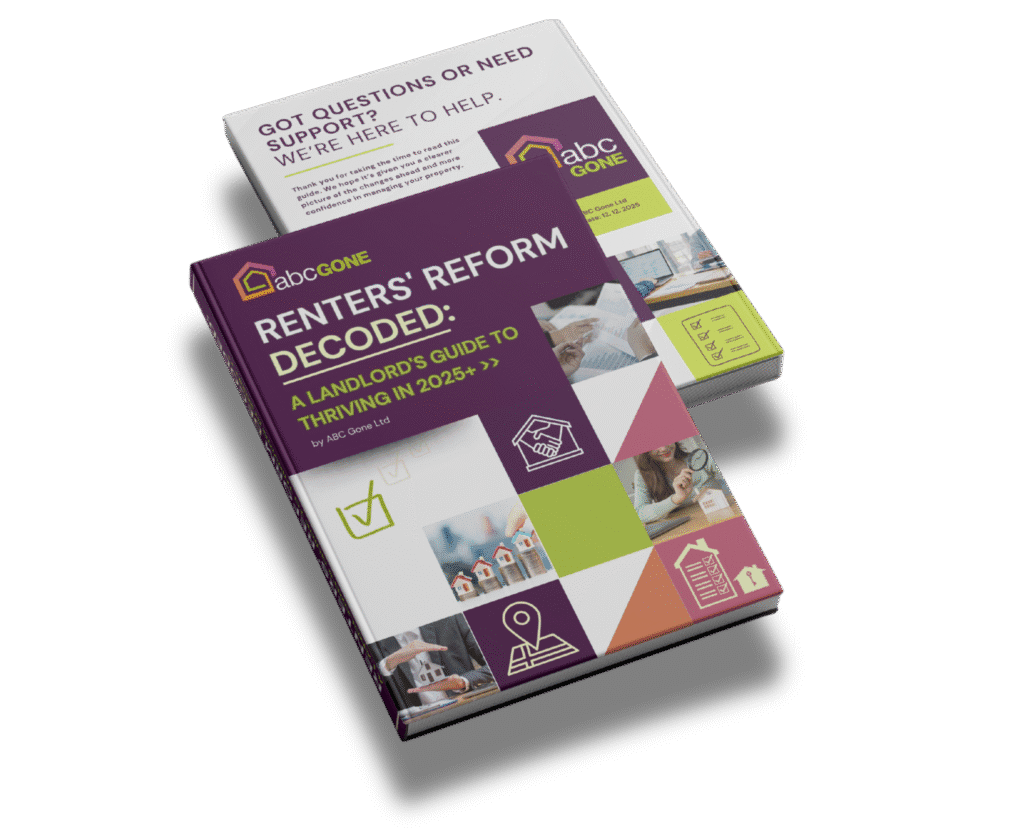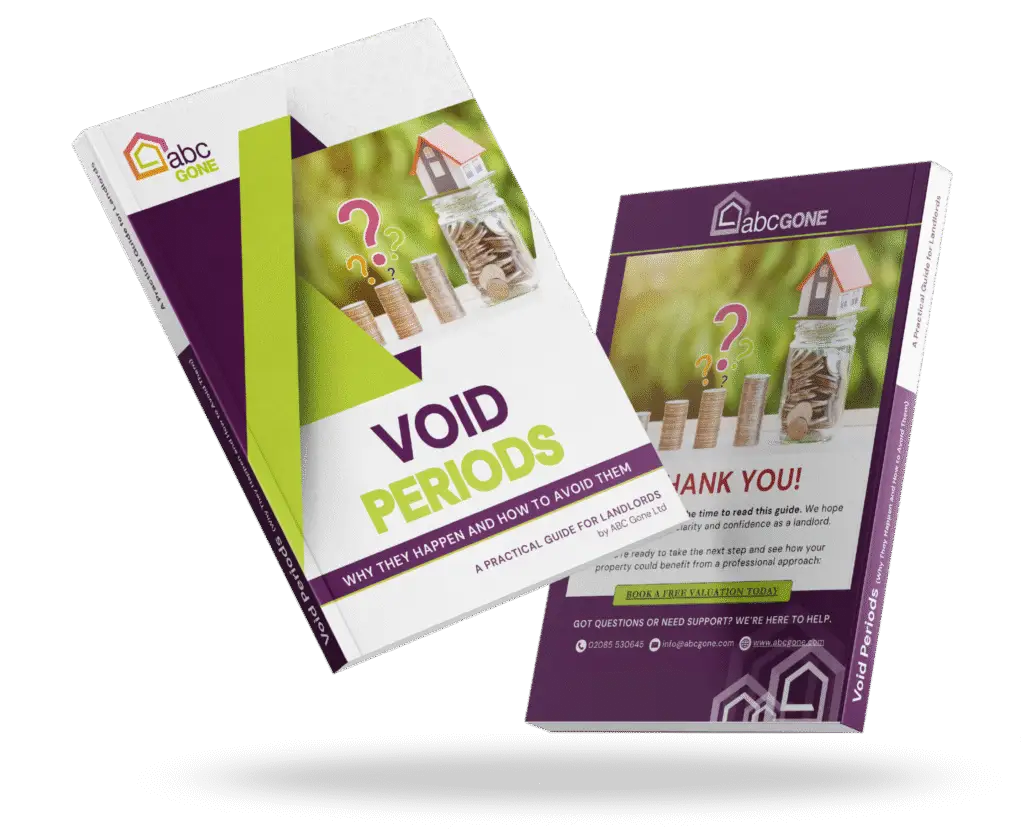When people are considering renting out property for the first time in Romford, they often have concerns about managing situations with their tenants. Among these is what to do if the tenant has damaged the property. The thought of tenant damage to property isn’t something that should put you off becoming a landlord – most renters are careful with their home and will return it in pretty much the state it was in when you first handed them the keys.
However, it is worth knowing what the law says about tenant damage and your rights when it comes to claiming from the tenancy deposit. You should also understand the difference between damage and unavoidable wear and tear – because you can’t charge your tenants for the latter. We answer some frequently asked questions about tenant damage to property.
Are landlords responsible for property damage caused by tenants?
As a landlord, you are responsible for repairs to and maintenance of the property – this is set out in the Landlord and Tenant Act 1985 – UNLESS the repair is due to damage by the tenant either accidentally, deliberately or due to negligence. This also applies to damage caused by the tenant’s friends, family and other visitors. However, problems arise because tenants are not liable for damage caused by reasonable wear and tear – and distinguishing between the two can be tricky.
What’s the difference between wear and tear and damage?
Wear and tear relates to the natural deterioration of fixtures, fittings, furnishings and appliances in the rental home – the sort of issues you could expect to happen when people are living in the property for a length of time. Wear and tear ranges from small scuff marks to paint work to appliances breaking down as they age. It can also include mouldy sealant in bathrooms, fading to curtains after years of blocking out the sun and tread marks to carpets.
Damage means avoidable breakages, tears to upholstery, wine stains on carpets, broken windows or blocked toilets caused by your tenant flushing nappies. It also refers to problems in the home, which have got worse because the tenant failed to inform you early enough – damp patches because a leaky pipe wasn’t fixed, for example. And it includes damage caused by pets – allowed or otherwise.
What if the damage isn’t a tenant’s fault?
Tenants are liable for accidental damage to the property or that caused by visitors and guests. However, if they are usually good tenants, you may decide to overlook a one-off accident which wasn’t caused by neglect, carelessness or failing to act quickly enough – in the interest of hanging on to an otherwise responsible tenant who pays their rent on time.
Can I evict a tenant who has caused damage?
If your tenant has caused so much damage to the property that you don’t feel happy allowing them to remain there, you can take action to evict them. Under Section 8 of the Housing Act 1988 you may be able to regain possession of the property under ground 13 which refers to “deterioration in the condition of the property or common parts”. You may also be able the evict the tenant under other grounds, depending on the clauses in your tenancy agreement. It is worth getting legal advice about this. At the time of writing, landlords can still use a Section 21 eviction notice to reclaim the property if the tenant is out of their initial fixed tenancy period, however, big changes to this method of eviction are currently going through parliament.
Can I make deductions from the deposit to cover damage to my rental property?
You may be able to claim for the cost of damage to the property through the tenant’s deposit, however, you need to follow the correct procedure. All tenants’ deposits must by law be placed in a government-backed tenancy deposit scheme. You can make a claim for the cost of the damage from the scheme. You will need to provide evidence that the tenant caused the damage – this will include providing proof of the state of the property when your tenant moved in from your inventory. An independent adjudicator will decide if your claim is valid.
If the tenancy deposit scheme doesn’t cover the cost of the damages, you may be able to make an application to the small claims court. You can do this online.
If you’re a new landlord looking for help managing your property in Romford, Hornchurch, Dagenham, Rainham, Upminster and Harold Wood, contact us. We’d be pleased to talk to you about our property management services for landlords.





